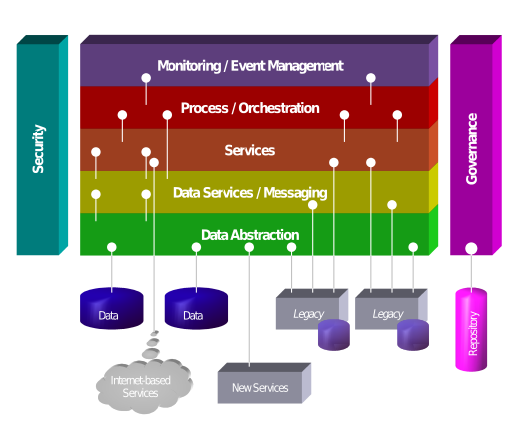
Are you anxious to work on real cutting-edge technology? Or wondering how to break that compensation ceiling? Maybe it’s just a change in routine you’re looking for. Consider stepping up your game, and entering the world of Software Quality Assurance (SQA) Testing.
A coder, developer or programmer already has many of the skills needed to succeed as a SQA tester. Familiarity with multiple programming languages, critical thinking skills, complex problem analysis, organizational abilities, communications skills– all these are part of the SQA tester’s tool kit. Tenacity, thoroughness, and creativity are traits inherent to the successful software tester. The next step is to become experienced in or certified in manual and automated testing tools.
The SQA engineer or tester develops and implements methods and standards to ensure the delivery of a product free of defects. Creating test cases, developing scenarios, implementing the tests, documenting bugs, and re-testing, are all part of the testing environment.
Our clients look for SQA engineers and testers who have experience with such tools as HP/Mercury LoadRunner or QuickTest Professional (QTP), IBM Rational Tester (RFT), and Borland SilkTest. Experience with Agile scrum methodology and Service Oriented Architecture (SOA)/Web Services are usually required.
So, does Software Quality Assurance testing figure in your future? Still not sure? Take a look at some of the tutorials available online. Here’s a few to get you started:
- From Guru99: Free HP UFT/QTP (Quick Test Professional) Tutorials
- From Software Testing Help: QTP Tutorials – 25+ HP Quick Test Professional (QTP) Training Tutorials
Check our Candidate Portal for QA Tester positions. You can register to receive automatic notifications when QA opportunities open.
Note: This article was originally published on August 22, 2011. It has been edited and refreshed for timeliness.
Image: By Loïc Corbasson, created with en:OOo Draw (ODG source file available on request) via Wikimedia Commons
